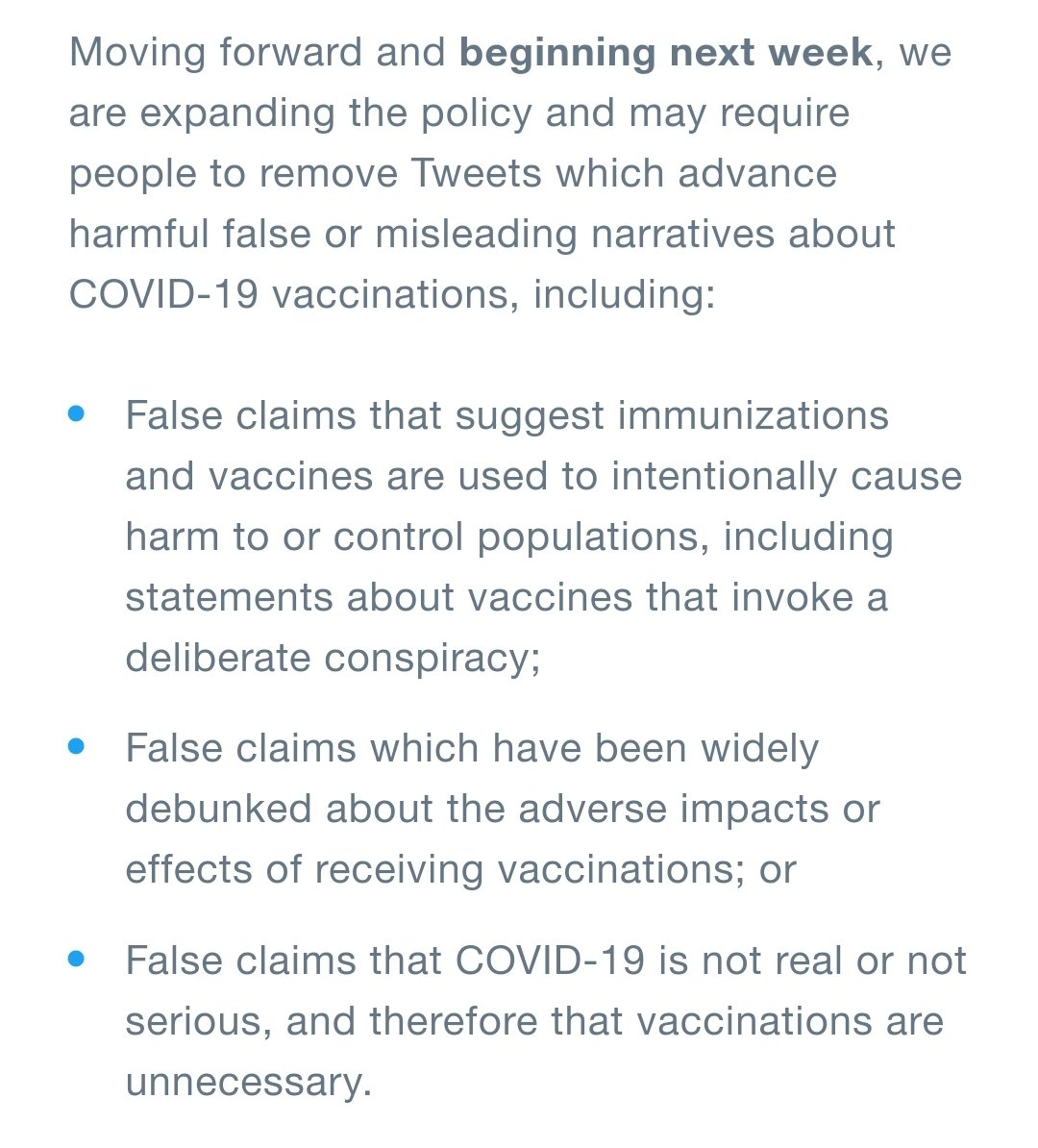
The authors of the Great Barrington nonsense have produced a website called "collateral global", claiming to document the collateral effects of COVID-19 lockdowns
I thought I'd have a look at the scholarship on display 1/n

I thought I'd have a look at the scholarship on display 1/n


2/n First up - suicide. I have actually looked into this subject a fair bit, and as someone with mental health issues I take a fairly personal interest in the statistics
What does this global repository say?
What does this global repository say?

3/n There are currently 4 studies listed. One found no change in suicide rates, one is an opinion piece by a psychiatrist, and the other two are cross-sectional studies of suicidal ideation 

4/n This is odd, because there are now half a dozen academic studies showing NO increase of suicides during lockdown, and a further few published by governments:
https://twitter.com/GidMK/status/1336493616097681412?s=20
5/n Moving on, education
The very first study is a red flag. This is the research that a colleague and I have published a critique about due to mathematical, statistical, and theoretical errors
osf.io/9yqxw
The very first study is a red flag. This is the research that a colleague and I have published a critique about due to mathematical, statistical, and theoretical errors
osf.io/9yqxw

6/n Next up, we have in red a white paper by a for-profit exam/tutoring company, blue an analysis of students who got free school meals, and green an interesting non peer-reviewed "observation" piece from the institute for fiscal studies 

7/n Not nearly as bad as the suicide page, but it's not quite the robust evidence that we are promised on the tin
8/n Moving on, the employment section is just bad. Only the UK, no attempt to disaggregate the impacts of the epidemic from lockdowns, just blaming any and all financial issues on government action 



9/n This is particularly surprising given that economists have indeed produced detailed analyses of the financial impact of lockdowns vs widespread COVID-19 epidemics
For example, the IMF, who said this:
For example, the IMF, who said this:

10/n Pretty odd to have a whole webpage on the collateral impacts of lockdown on the economy and completely ignore a report by the IMF saying that lockdowns may actually benefit the economy in some circumstances
11/n The Cancer page is a bit better, but again many of these studies don't address lockdowns specifically. Not sure why these would be included in a webpage about the collateral impacts of lockdown 

12/n All of this is a bit galling. The question of government restrictions and COVID-19 is a vitally important one. The answers are complex and nuanced
13/n Instead of engaging with that, the authors of this website are presenting all of these pieces of often very detailed scientific research as some kind of proof that lockdowns are bad
Which is nonsense
Which is nonsense
14/n In reality, as we now know from many places in the world, the impact of COVID-19 itself are problematic, and there are quite clear BENEFITS to lockdowns in some cases
15/n The scientific approach is to approach restrictions with careful consideration
Instead, we see this sort of absurd political rhetoric from the authors of the GBD
Instead, we see this sort of absurd political rhetoric from the authors of the GBD

• • •
Missing some Tweet in this thread? You can try to
force a refresh
















